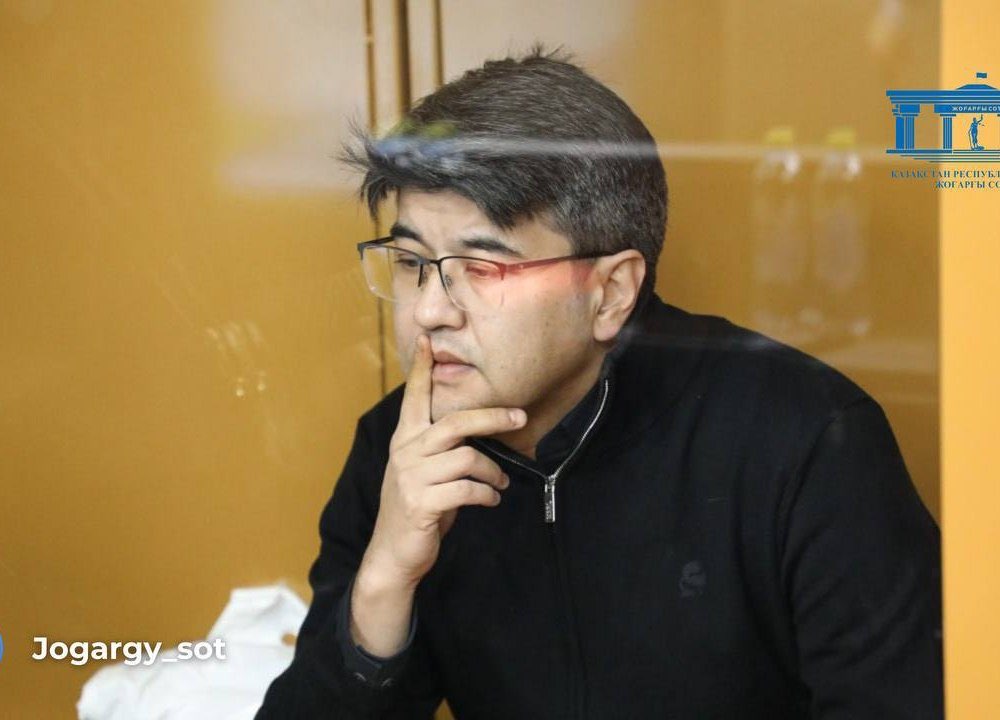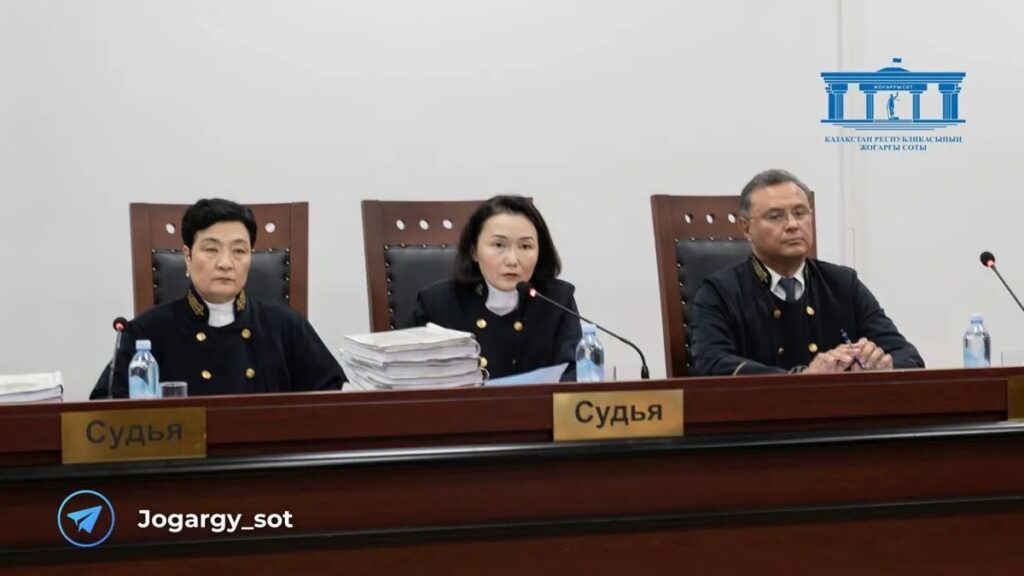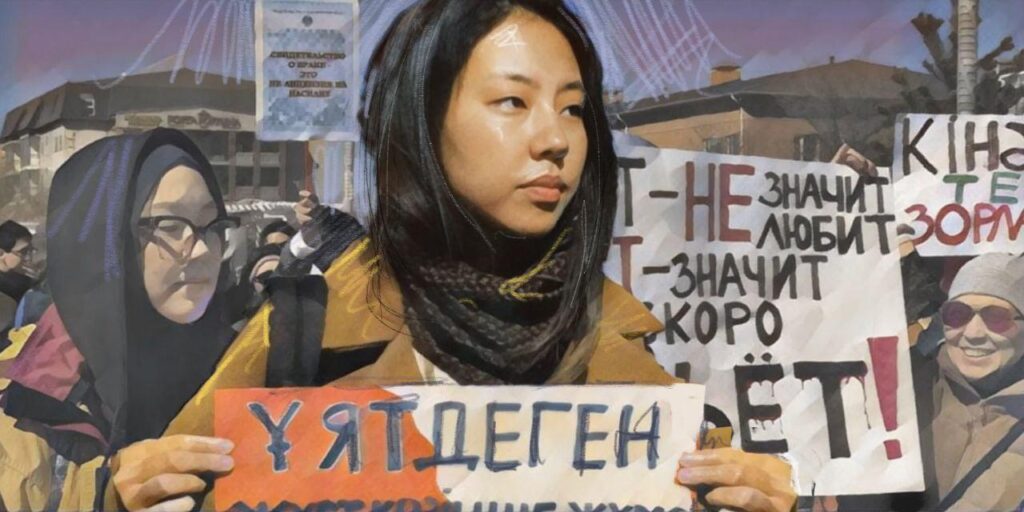In a pivotal moment that gripped the nation, ex-minister Kuandyk Bishimbayev, alongside his relative Bakhytzhan Baizhanov, stood before a court in Astana on May 6, 2024, to deliver their final statements in a high-profile murder case that has captivated public attention. The courtroom, charged with anticipation, listened intently as Bishimbayev and Baizhanov articulated their last words before the verdict.
Bishimbayev, facing charges of murder with particular cruelty and torture of Saltanat Nukenova, expressed profound remorse and a plea for forgiveness. His voice steady, yet laden with emotion, Bishimbayev recounted the events leading to Nukenova’s demise, emphasizing the unintentional nature of her death. “I never wished Saltanat to die,” he stated, addressing the court and jurors, “I am not guilty of premeditated murder.”
The forensic evidence cited by Bishimbayev highlighted a hematoma as the cause of Nukenova’s death, further distancing the defendant from allegations of intentional harm. Despite the social and media pressure surrounding the case, Bishimbayev remained steadfast in his acknowledgment of guilt, albeit not for premeditated murder. His repentance extended to the public, his family, and friends, underscoring the personal and societal repercussions of his actions.
Baizhanov, on the other hand, faced accusations of concealing the crime. In his statement, Baizhanov vehemently denied any prior knowledge of Bishimbayev’s actions, asserting that his involvement was without the intention of hiding a crime. “If I had known, I would not have committed these acts,” Baizhanov declared, pressing his claim of innocence in the charge of concealing the crime.
The case, stemming from the discovery of Nukenova’s body on November 9, 2023, at the BAU restaurant owned by Bishimbayev’s family, has shed light on darker undercurrents of power and tragedy. Bishimbayev’s admission of negligent homicide served to add layers to a case already heavy with implications and public scrutiny.
As the trial, which commenced on March 27, draws to a close, hundreds of thousands across Kazakhstan and beyond await the final judgment. The proceedings have not only underscored the legal complexities inherent in such a case, but also reflected broader societal concerns over justice, accountability, and the human capacity for regret and redemption.
The coming verdict will not only determine the fate of Bishimbayev and Baizhanov, but also serve as a significant moment in Kazakhstan’s judicial history, symbolizing the law’s stance on crimes of such a grave nature and the pursuit of truth and justice.
Against the backdrop of this high-profile case, human rights groups had called on the authorities in Kazakhstan to toughen penalties for domestic violence. Parliament approved the relevant draft, which the public dubbed “Saltanat’s law”, and the document was signed into law by the president on April 15.







